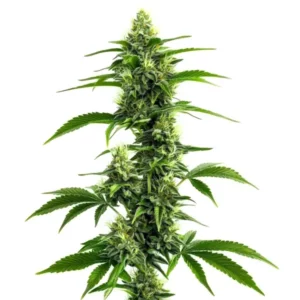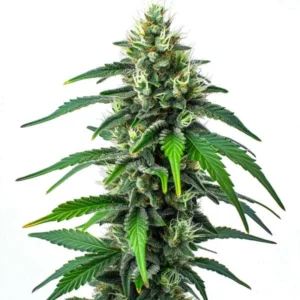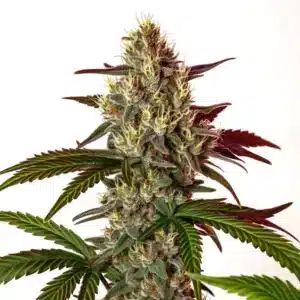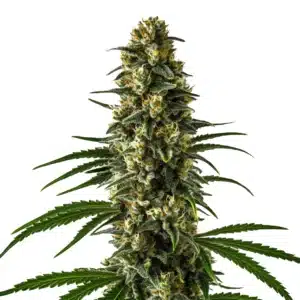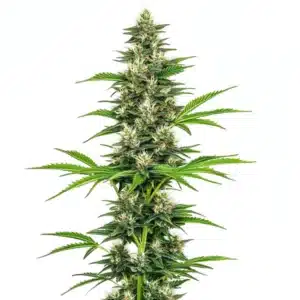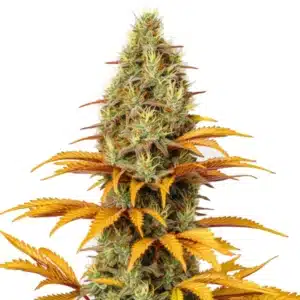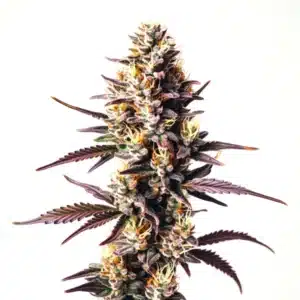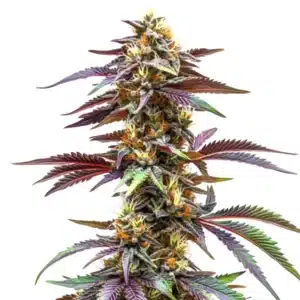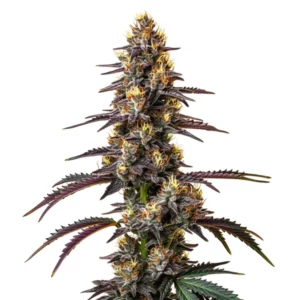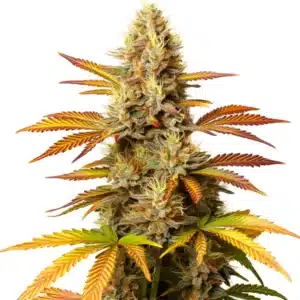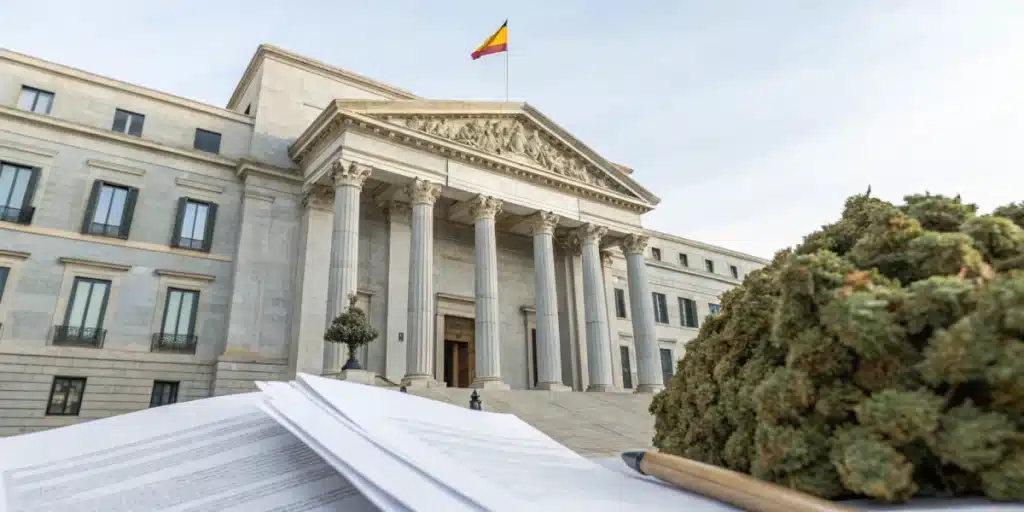
Spain Cannabis Laws: Regulations & Market Trends
Review of Cannabis Regulations in Spain
Historical Legal Context
Spain’s approach to cannabis has evolved significantly over the years, influenced by cultural, social, and political factors that have shaped its policies. The country’s journey began in the early 20th century, marked by prohibitive laws in the 1920s that paralleled international trends. In contrast to many other nations, Spain gradually adopted a more permissive stance in the late 20th century. The surge in countercultural movements during the 1970s challenged established norms and spurred decriminalization efforts that altered the national perspective. In this phase, Spain cannabis laws emerged as a critical framework for future changes.
By 1983, Spanish authorities enacted measures that allowed for personal use and cultivation in private spaces. This landmark development signified a turning point in the evolution of Spain cannabis laws, as it recognized individuals’ right to consume cannabis within the safety of their homes and paved the way for the establishment of private clubs. These social clubs have since become emblematic of Spain’s cannabis culture, providing communal settings where enthusiasts can share and consume cannabis responsibly while adhering to local guidelines.
Recommended Strains
Afghan Kush x Super Skunk
|
|
THC | 18% - 20% (Medium) |
|
|
Type | Feminized |
|
|
Yield | Medium |
|
|
Phenotype | 80% Indica / 20% Sativa |
Afghan x Haze
|
|
THC | 22% - 25% (Medium) |
|
|
Type | Feminized |
|
|
Yield | Medium |
|
|
Phenotype | 40% Indica / 60% Sativa |
Current Regulatory Framework
The current regulatory framework governing cannabis in Spain combines national statutes with regional rules that create a unique legal mosaic. At the national level, cannabis maintains a Schedule I classification, rendering its sale and distribution illegal in most circumstances, yet authorities tolerate personal use and home cultivation under stringent conditions. This system supports Spain cannabis laws that balance prohibition with limited personal freedoms. Individuals may legally cultivate a small number of plants for personal consumption, provided they do so in private.
Regional governance has also significantly influenced Spain cannabis laws. In areas such as Catalonia and the Basque Country, local regulations permit cannabis social clubs to operate under clear guidelines. These clubs offer members a legal avenue for cultivating and sharing cannabis, as long as strict rules govern the quantity and type of cannabis available. This nuanced framework creates a unique environment where the legality of cannabis continues to generate lively debate, reflecting both progressive attitudes and lingering ambiguities in Spain cannabis laws.
Promos & Deals
Medical vs. Recreational Use
Legal Status of Medical Cannabis
Medical cannabis in Spain has gained legitimacy amid a complex regulatory structure that acknowledges its therapeutic potential. In 2018, Spain’s Agency of Medicines and Medical Devices approved cannabis-based treatments for conditions such as chronic pain and multiple sclerosis. This approval marked a significant advancement, aligning Spain with other nations that embrace cannabis for medicinal purposes while framing Spain cannabis laws as a balanced set of regulations. Patients benefit from these measures, although accessing prescriptions often remains challenging.
Even though physicians have the authority to prescribe cannabis-based medications, patients face bureaucratic hurdles that complicate access and availability. Health professionals and patients frequently encounter delays and complex procedures when attempting to obtain the needed treatment. As a result, discussions about reform abound, as advocates call for clearer, streamlined processes to improve access. These challenges continue to prompt revisions and updates in Spain cannabis laws that aim to better serve medical users.
Rules Governing Recreational Use
Recreational use of cannabis in Spain exists in a state of ambiguity, even though personal consumption remains decriminalized. Individuals can grow and consume cannabis privately without fear of prosecution, yet the sale and distribution of cannabis persist as illegal practices under Spain cannabis laws. This situation creates a curious paradox where social clubs act as intermediaries for recreational consumption, allowing members to partake under controlled conditions. The permitted use in private stands in stark contrast to the rigorous enforcement against public sale and trafficking.
Cannabis social clubs, established as a workaround for recreational restrictions, operate by allowing members to cultivate and share cannabis within clearly defined boundaries. These clubs adhere to guidelines that specify the amount of cannabis each member can access, ensuring that the process stays within the limits of Spain cannabis laws. Nevertheless, public consumption remains forbidden, and law enforcement authorities continue to enforce these restrictions strictly, leaving many users to navigate an uncertain legal landscape.
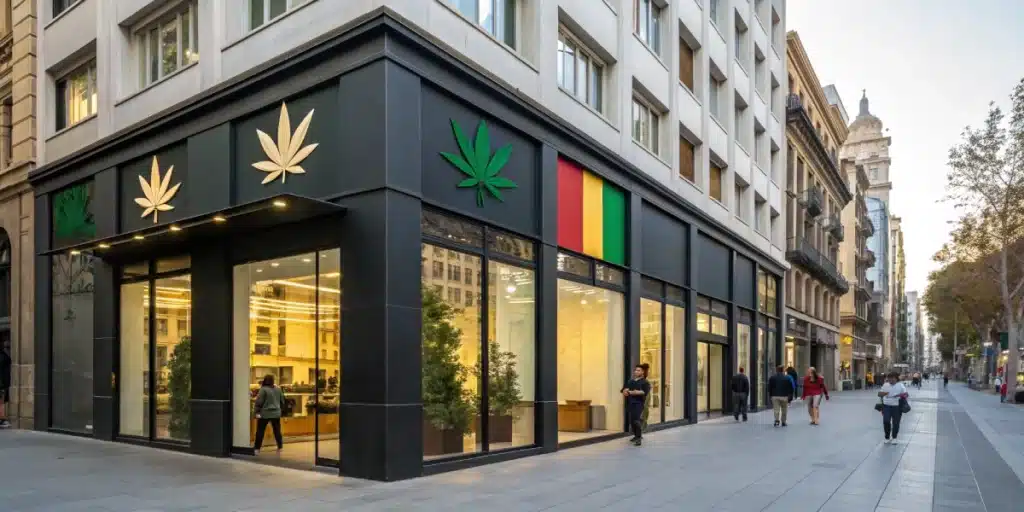
Enforcement and Legal Challenges
Common Legal Issues and Penalties
Despite Spain’s relatively lenient stance on personal cannabis use, many individuals experience legal challenges when facing public consumption or involvement in illegal sales. Law enforcement agencies impose steep fines or even imprisonment for those who deviate from the guidelines outlined in Spain cannabis laws. People often find themselves confused by the specific limits on possession and cultivation, and misunderstandings can lead to severe penalties that underscore the stringent nature of enforcement.
Common legal issues arise from ambiguous thresholds regarding the amount of cannabis that qualifies as personal use versus distribution. Consequently, authorities sometimes penalize individuals for inadvertently breaching these guidelines. Cannabis social clubs, while generally respected, have experienced crackdowns based on interpretations of distribution laws. These legal uncertainties continue to generate controversy and debate, as consumers and businesses struggle to abide by Spain cannabis laws that seem to shift and evolve over time.
Recent Court Cases and Government Actions
Recent court cases in Spain have highlighted the intricacies inherent in Spain cannabis laws, drawing attention to contentious issues surrounding social clubs and personal use. Several high-profile cases have ignited public discussion, with some rulings siding with cannabis clubs and others prompting stricter enforcement. These cases reflect the judicial system’s attempts to interpret Spain cannabis laws in a way that serves both public safety and individual freedoms. The debate continues to gain momentum as each case adds complexity to the overall legal framework.
Government measures have also influenced the current landscape, as local officials implement stricter guidelines for cannabis club operations. Authorities regularly review and adjust regulatory conditions to curtail illegal activities while attempting to support legitimate personal use and cultivation. These efforts contribute to an evolving system of Spain cannabis laws that constantly seeks to balance enforcement with emerging social trends. As the legal system adapts, affected communities and advocacy groups press for reforms that offer clearer directives and fairer penalties.
Impact on Society and Industry
Effects on the Cannabis Market
The evolving landscape of cannabis regulation in Spain has profoundly impacted the commercial sector and consumer habits. With increasing numbers of cannabis social clubs and growing acceptance of medical cannabis, Spain cannabis laws have spurred significant market growth. Entrepreneurs and cultivators now embrace opportunities to expand their operations within a framework that, while complex, permits private use and social sharing. The resulting competition drives innovation, as businesses strive to produce premium cannabis products that satisfy discerning customers.
This dynamic market, however, faces challenges from an inconsistent regulatory framework that sometimes stifles investment and innovation. Without a comprehensive legal structure, enterprises operate in a climate of uncertainty, occasionally hindering expansion and progress. Despite these challenges, Spain cannabis laws have encouraged a robust underground market that slowly transforms into a more organized, mainstream industry. Industry leaders hope that clearer regulations will enhance transparency and open new avenues for growth, ultimately benefiting both producers and consumers.
Social Attitudes and Community Influence
Public perceptions of cannabis in Spain have shifted remarkably in recent decades, transforming cultural norms and influencing social practices. The persistent efforts of grassroots organizations have reshaped opinions and increased support for a more progressive approach to cannabis. This movement has fostered community solidarity, enabling cannabis enthusiasts to advocate for responsible consumption while challenging outdated stigmas. The influence of Spain cannabis laws, though sometimes controversial, reflects a society gradually embracing its heritage and potential benefits.
Community leaders and advocacy groups play a significant part in creating a supportive environment for responsible cannabis use. They actively promote educational campaigns and social events that demystify cannabis, making it a normalized part of cultural discourse. As more people come to appreciate cannabis for its medical and recreational virtues, public attitudes shift towards tolerance. This transformation fuels ongoing debates about reform and encourages dialogue that may eventually lead to more consistent Spain cannabis laws.
Future Perspectives and Reforms
Expected Legal Changes
Looking ahead, many experts anticipate significant legal transformations that will redefine cannabis regulation in Spain. With growing public support and increasing economic opportunities, lawmakers face mounting pressure to modernize Spain cannabis laws. Proposals for legalizing recreational cannabis and integrating clear guidelines for social clubs are emerging from both government bodies and community advocates. These anticipated legal changes promise to reduce ambiguity and streamline enforcement practices, benefiting users and businesses alike.
Reform proponents argue that modernizing Spain cannabis laws will generate tax revenue and lower law enforcement costs. By creating a regulated marketplace, the government can ensure consumer safety while fostering innovation and investment. Although the timeline for these reforms remains uncertain, the momentum behind such changes grows stronger every year. Policymakers, influenced by similar trends in Europe and North America, appear increasingly willing to consider comprehensive updates that provide clarity and support to a rapidly evolving industry.
Advocacy Efforts and Policy Movements
Advocacy groups and policy movements continue to drive calls for reform in Spain, mobilizing communities and demanding better legal frameworks. These organizations work tirelessly to educate the public and lobby decision-makers, urging them to adopt balanced policies that address both personal use and economic opportunities. Their determined campaign efforts add significant influence to the evolution of Spain cannabis laws. Community protests, informational seminars, and lobbying have all contributed to a gradual but meaningful shift in legislative attitudes.
Movements that push for comprehensive legal reforms emphasize social justice, economic benefits, and public health considerations. They highlight the need for a regulatory system that eliminates legal gray areas while protecting individual freedoms. Advocacy initiatives have achieved several small victories in court rulings and policy adjustments, reinforcing the notion that Spain cannabis laws can adapt to modern needs. As these movements gain support, many stakeholders remain optimistic that they will eventually transform the legal landscape for the better.
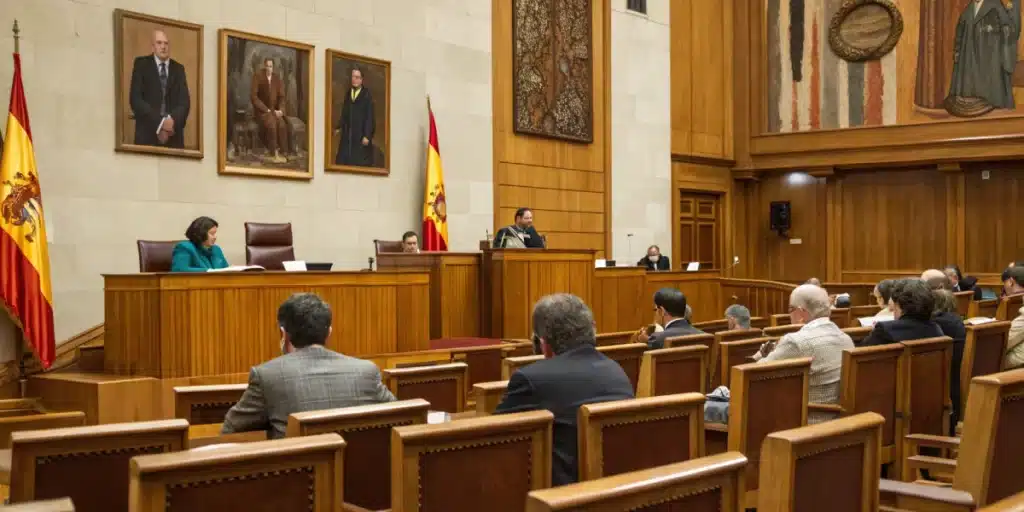
FAQs about Spain Cannabis Laws
What is the current legal status of cannabis in Spain?
Cannabis in Spain remains classified as a controlled substance, with national regulations prohibiting sale and distribution. However, authorities allow personal use and cultivation in private spaces. Many regions have unique frameworks that accommodate cannabis social clubs while maintaining strict limits, resulting in a complex legal environment under Spain cannabis laws.
How do medical and recreational cannabis laws differ?
Medical cannabis enjoys regulated use through approved prescriptions and controlled distribution channels, while recreational cannabis remains decriminalized for personal use. Social clubs provide a legal loophole for recreational use, though public sale remains illegal. These distinctions create a multifaceted system where Spain cannabis laws address both health and personal freedom concerns effectively.
What legal changes are anticipated in the near future?
Experts predict that lawmakers will soon update Spain cannabis laws to reflect current societal attitudes and market realities. Proposed reforms include the legalization of recreational cannabis and clearer guidelines for social clubs. Advocates expect these changes to foster transparency, boost economic opportunities, and improve public safety in a newly regulated industry.


